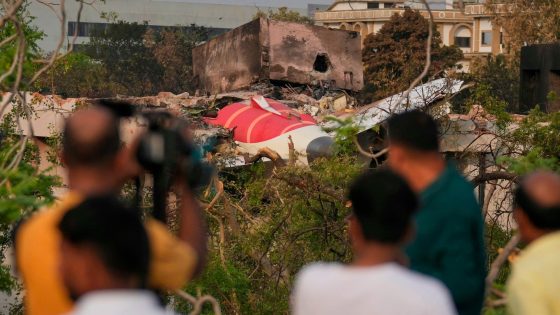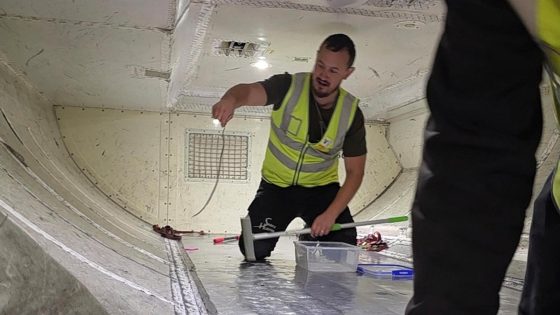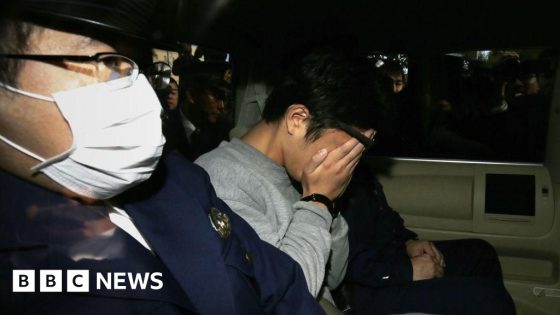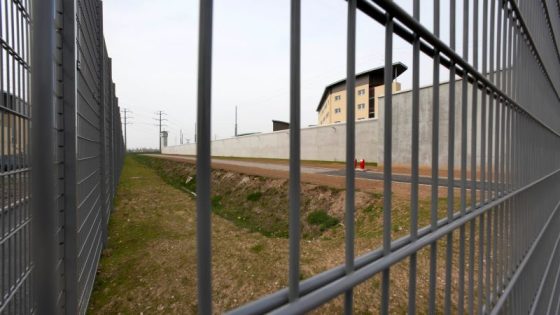The recent Air India crash report has raised significant concerns for the airline’s owner, Tata. With the investigation revealing troubling details, the aviation community is left questioning the safety protocols in place. As of 2025-07-14 18:50:00, the implications of these findings are still unfolding.
- Air India crash report raises uncertainty for Tata
- India mandates fuel switch checks on Boeing
- DGCA orders inspections on fuel switch locks
- Air India Chief questions preliminary crash findings
- Routine takeoff leads to catastrophic incident
In a series of developments, India has mandated checks on fuel switches for Boeing jets, following the crash report’s revelations. This move underscores the urgent need for enhanced safety measures across the aviation sector.
Why are these safety measures crucial now? The recent crash has highlighted systemic issues that could affect airlines worldwide. Stakeholders are left wondering how many more incidents could occur without proper oversight.
- Air India faces increased scrutiny from regulators.
- Safety checks could lead to operational delays.
- Global airlines may need to reassess their safety protocols.
As the situation develops, it is imperative for airlines and regulators alike to prioritize safety. Will this incident lead to lasting changes in aviation safety protocols?

































